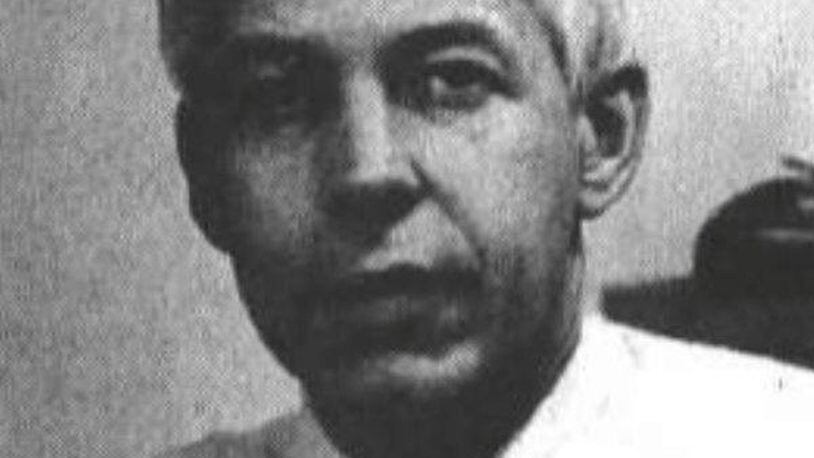In a sternly worded Nov. 20 letter to the medical board, Ohio State said investigators found that the university reported Strauss’ alleged sexual misconduct to the state Medical Board and they need the records to help determine what steps the OSU administration took against him.
Strauss, who died by suicide in California in 2005, was a team doctor, faculty member and staff physician at OSU from 1979-98.
In April, the university announced an investigation into allegations that Strauss preyed upon student athletes and male patients, watching them shower and groping them during exams.
Related: Alleged victims in OSU doctor sex abuse case speak to trustees for first time
OSU and the Ohio Attorney General’s office hired Porter, Wright, Morris & Arthur, which in turn hired another law firm, Perkins Coie, to take the lead. So far, 150 former students have come forward to report first-hand accounts of abuse.
State law provides that medical board records are confidential — even after the physician dies — unless the doctor receives a disciplinary citation such as a license suspension or revocation, said Tessie Pollock, spokeswoman for the State Medical Board of Ohio.
Records are routinely shared with law enforcement and other government agencies conducting investigations or prosecuting alleged violations of state laws or rules. But the Medical Board determined that Perkins Coie is not a government agency.
The dispute triggered a cascade of emails, letters, phone calls, proposed non-disclosure agreements and negotiations between the State Medical Board and OSU.
In September, the university asked if Strauss’ family were to sign a release, could the records then be shared with Perkins Coie? So far, no release has been signed by Strauss family members, Pollock said.
In November, the proposed non-disclosure deal explicitly prohibited OSU and Porter Wright from disclosing the medical board confidential information to any third party or subcontractor, including Perkins Coie.
“The Medical Board is willing to share confidential investigative information with Ohio State in a way that legally protects sensitive information and requires Ohio State to do the same,” said Robert Giacalone, president of the State Medical Board, in a Nov. 13 letter to the AG’s office.
The Nov. 20 letter from the Attorney General’s office to the Medical Board on behalf of OSU asserted that it is out of the ordinary that the board would require a non-disclosure agreement. Usually, the board shares information with OSU with a letter noting the confidentiality laws, the AG’s office said.
Once the university has the Strauss file, “OSU can then complete its investigation, through Perkins Coie, and determine what action was taken by the university when it learned that Dr. Strauss was alleged to have committed sexual misconduct,” wrote assistant AG Amy Nash Golian.
About the Author
